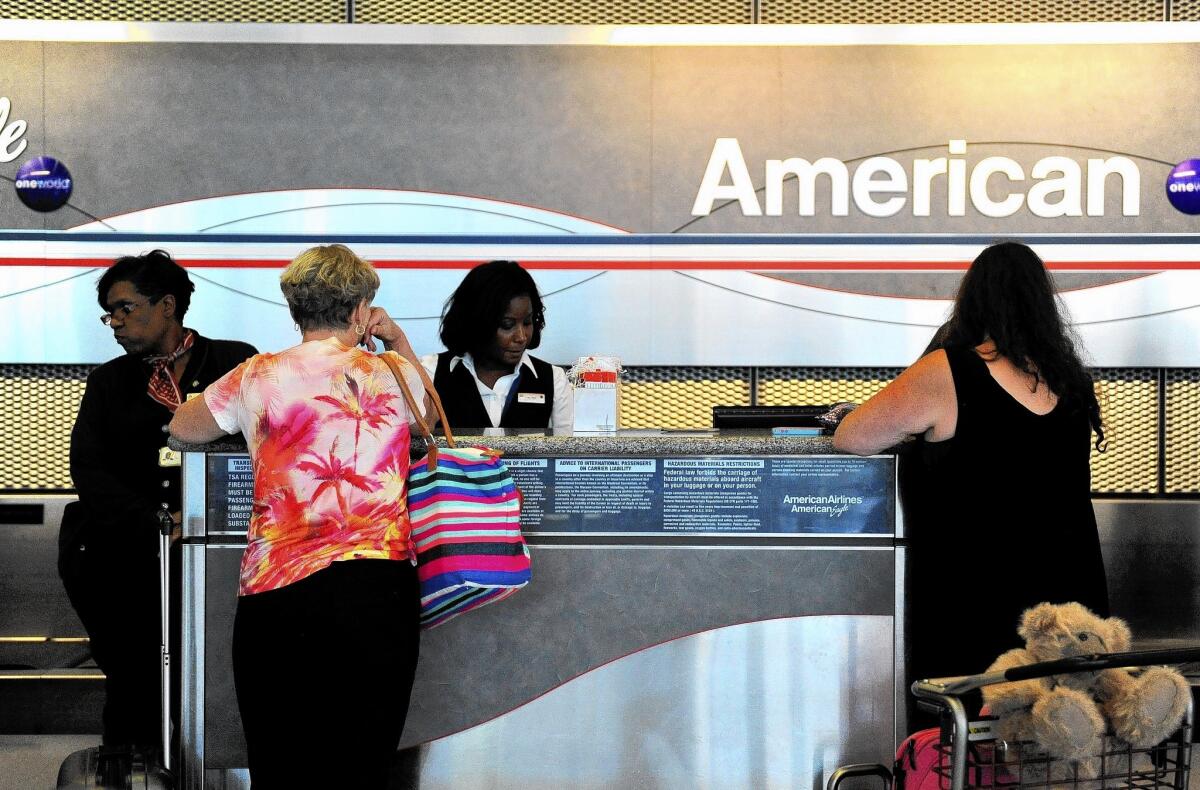When Social Security is icing on the cake

Dear Liz: Most of the questions you answer about Social Security come from people who don’t have a lot of money saved. I agree with your advice that those people should delay starting benefits. That way their Social Security checks, which will be the bulk of their income in retirement, will be as large as possible. But what about those of us who won’t need the money? I will receive a good pension and thanks to real estate investments, my retirement income will exceed my current income should I retire at age 62. That means I will never have to touch my capital. I do not have any other debt and am fully insured.
My initial thought is that I should take Social Security as soon as I’m eligible and use it while I’m in good health for travel and other activities. A friend who is in a similar situation says to wait and enjoy the emotional safety that if the need arises, I can turn on the Social Security tap later and let some more money flow. If you don’t need the money now or later, but could have more fun earlier, should you take Social Security sooner?
Answer: The less you’ll need Social Security, the less it matters when you start it.
Starting benefits early locks you into lower payments for life and will result in significantly smaller lifetime benefits for most people. That’s in part because Social Security hasn’t adjusted its payment formulas even as life expectancies have expanded, so most people will live beyond the “break-even” point where delayed benefits exceed the amounts they could have received had they started earlier. Delaying benefits is particularly important for married people, since one partner is likely to outlive the other and will have to get by on a single check. Making sure that check is as large as possible will help make the surviving spouse’s final years more comfortable.
But all that assumes that you, like most people, would receive half or more of your retirement income from Social Security. If your Social Security is truly icing on the cake — you don’t need the money now, you (and your spouse) are unlikely to need it in the future, and you don’t care about maximizing your lifetime benefits — then start it whenever you want.
Close card that has an annual fee
Dear Liz: When I opened my airline-branded credit card almost 10 years ago, it was well worth the $50 annual fee. I was able to book many flights for free because of the miles I earned and the airline’s generous rewards program. However, I moved a few years ago to a location that is not serviced by the airline. Now the airline’s reward card is my “last ditch emergency” card since I have two other cash-back rewards cards that offer a better return (I pay all my cards in full every month).
I know that annual fees on credit cards are not good, but I’m struggling with the decision on whether to keep it or not. It is the second-oldest credit account I have and about a third of the amount of credit I can use, and I am concerned about my credit score dropping if I close it. My credit score is excellent, but I am concerned about how much of a drop in my score this would cause. I did try to “convert it” to a cash-back credit card with no annual fee, but the bank wouldn’t do it. So now I’m stuck on what to do. Should I continue to pay the $50 annual fee to keep my credit score intact, or should I close it and see if I can increase my credit on my other cards?
Answer: Most good travel rewards cards these days charge annual fees, and those fees aren’t a big deal if you’re getting airline tickets or lodging that more than offset the cost. Your card may pay for itself with a single trip if it waives baggage check fees (as many airline-branded cards do).
If you can’t even wring that much value from the card, consider closing it. Given how much of your available credit the card represents, though, you might want to open another card first. Available credit matters far more to your credit scores than the age of your accounts. And even if you close this account, your history with it will continue to be reported for many years, so you shouldn’t hold off just because it’s your second-oldest card.
Questions may be sent to Liz Weston, 3940 Laurel Canyon, No. 238, Studio City, CA 91604, or by using the “Contact” form at asklizweston.com. Distributed by No More Red Inc.






